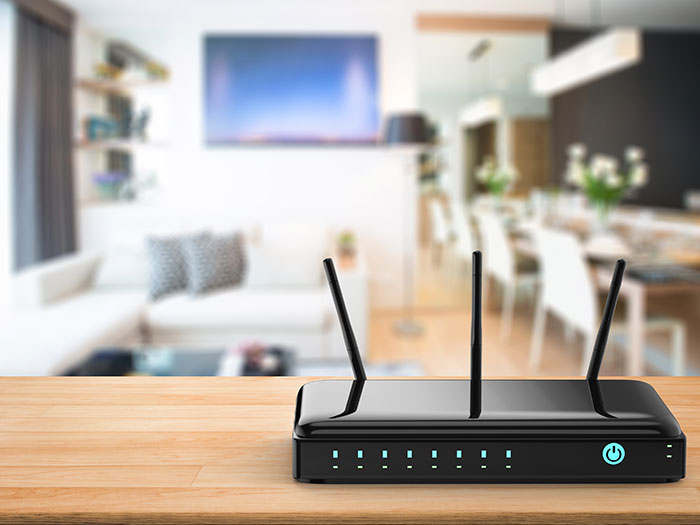Investigating the Effect of Ethernet Protocols on Improving Internet Access in Multi-Unit Units
Investigating the Effect of Ethernet Protocols on Improving Internet Access in Multi-Unit Units
Blog Article
Network protocols play a vital role in enhancing web access, especially in multi-unit units (MDUs) like flat buildings and condominiums. These standards define how information is communicated over networks, ensuring that devices can interact effectively. As more people depend on the internet for employment, learning, and leisure, having a dependable and high-speed connection in MDUs has grown increasingly important. By comprehending Ethernet protocols, building administrators and tenants can make knowledgeable choices about their web provisions, leading to improved connectivity for everyone.
One of the primary Ethernet specifications is IEEE 802.3, which outlines the requirements for cabled Ethernet connections. This standard has evolved over the decades, bringing faster rates and improved performance. For example, the initial Ethernet specification offered speeds of 10 Mbps per second, while newer iterations, such as Gigabit Ethernet, can provide speeds of up to 1,000 megabits per second. In MDUs, where numerous tenants utilize the common internet connection, having a rapid Ethernet system can greatly enhance the overall consumer interaction. Faster speeds mean quicker downloads, smoother broadcasting, and more reliable video conferences, which are essential for remote employment and virtual learning.
Another significant aspect of Ethernet standards is the implementation of structured wiring systems. These systems organize and manage the network wires that link devices within a structure. By following the principles set by Ethernet standards, MDUs can guarantee that their wiring is efficient and efficient. This organization assists minimize signal interference and enhances information transfer quality. Additionally, structured wiring allows for easier upgrades and maintenance, allowing it simpler for building administrators to adapt to evolving tech requirements. As internet usage continues to grow, having a properly organized cabling infrastructure is vital for ensuring top-notch access.
Electricity over Ethernet (PoE) is another important development in Ethernet technology that benefits MDUs. PoE allows system wires to carry electrical power along with data, eliminating the need for individual electric supplies for equipment like safety right here monitors, Wi-Fi connectivity nodes, and VoIP devices. This capability streamlines installation and minimizes disorder, allowing it simpler to establish a complete network in multi-dwelling units. By utilizing PoE, property managers can enhance security and improve internet access throughout the complex without the extra cost of additional electrical work.
In summary, Ethernet standards have a profound effect on internet connectivity in multi-unit buildings. By providing faster rates, structured cabling, and advanced capabilities like Power over Ethernet, these standards help establish a reliable and efficient system for residents. As tech persists to advance, staying aware about Ethernet standards will be essential for building managers and residents alike. By putting resources in the right infrastructure, MDUs can ensure that all tenants experience a seamless web experience, making their residences more connected and convenient.